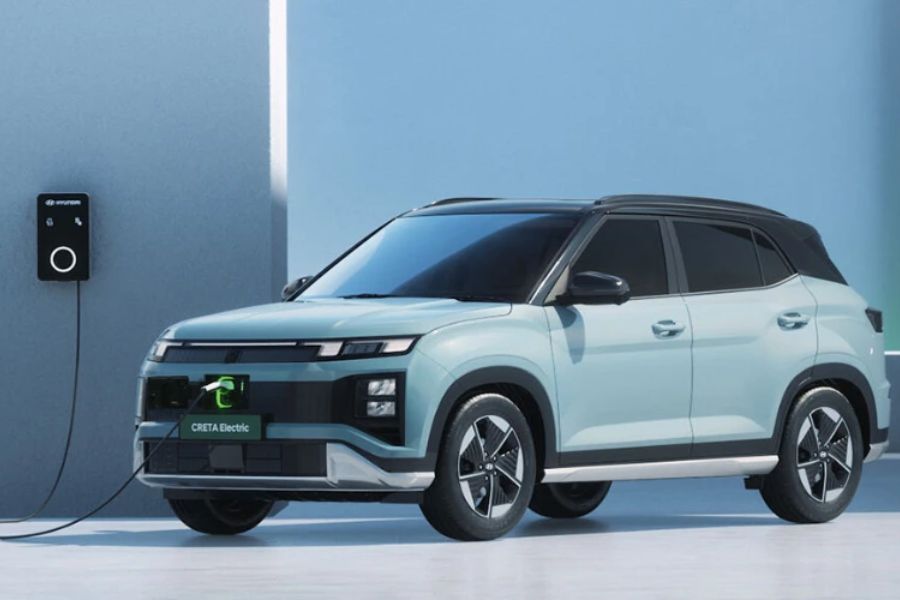Delhi is preparing to roll out its second electric vehicle (EV) policy ahead of the expiry of the current framework in March 2026. Speaking at an event hosted by the International Council on Clean Transportation (ICCT), Delhi transport minister Pankaj Kumar Singh hinted that the updated policy could be announced much earlier than February 2026.
What to Expect from Delhi EV Policy 2.0
The upcoming policy is expected to build on the success of the 2020 EV policy by offering stronger incentives, scrappage benefits, and potential tax relief for EV buyers. Singh said that the new framework will be designed after a detailed planning process and extensive public consultation to ensure that it reflects the needs of Delhi’s citizens.
“After completing the planning process and consulting the public, we will bring the policy into the public domain. I am confident that people will welcome it, as it will take Delhi a step further in EV adoption,” Singh noted.
Charging Infrastructure and Adoption Targets
A major focus of the revised policy will be expanding Delhi’s EV charging network. Plans are underway to install charging points under flyovers, in residential societies, and across commercial areas. The government has set a target of adding 3,500 new charging stations in 2025 and scaling up to 13,000 by 2030.
Transition Plans for Conventional Vehicles
The draft version of EV Policy 2.0 also proposes bold measures to curb emissions from conventional fuel vehicles:
-
CNG auto-rickshaws may be phased out by August 2025
-
Registration of new petrol, diesel, and CNG two-wheelers may be banned after August 15, 2026
-
Expansion of Delhi’s e-bus fleet and push for all-electric last-mile transport
These proposals are still under review and will be finalised after stakeholder consultations.
Why It Matters
Delhi’s original EV policy, launched in 2020, aimed for 25 percent of new vehicle registrations to be electric by 2024. Though the scheme was initially due to end in August 2023, it has been extended multiple times, most recently in July 2025. With air pollution continuing to plague the capital, authorities see EVs as a key lever in reducing the city’s hazardous Air Quality Index (AQI).
The upcoming policy will play a crucial role in accelerating this transition and shaping Delhi’s clean mobility future.
Read More:

